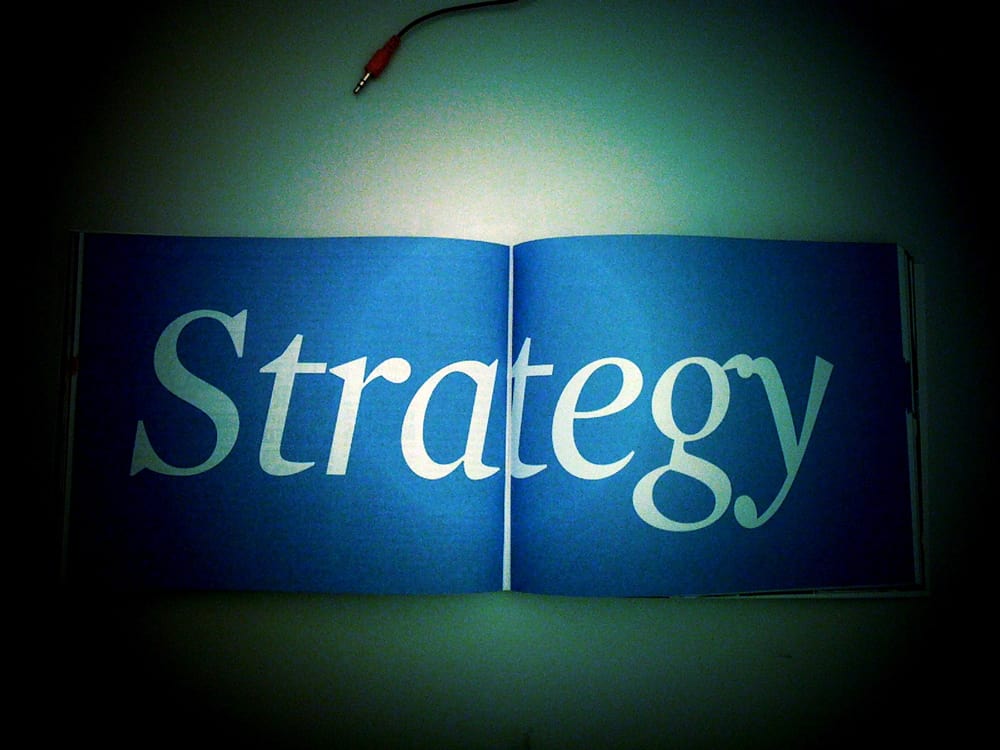By David McGarry, partner, RSM Farrell Grant Sparks
Most really successful business people are not all-rounders – everybody needs a little help.
Outsourcing is a natural consideration for many large companies, particularly during an expansion phase, like when entering a new market or when launching a new product line. However, SME’s have been far slower to embrace the concept and we believe that this is significantly hampering their potential due to the fact that an SME is more likely to experience an interruption or crisis over a non-core activity that challenges the foundation of the business.
For example, an overtrading cash crisis, which is all too common at the early stage of a business, isn’t generally a consequence of over-selling; it is a cash management issue. The former is invariably a core skill and activity of the entrepreneur, whereas the latter is something that is often best carried out by engaging the help of external experts.
In our experience, most successful entrepreneurs have a singular core skill that sets them apart from others and that ultimately ensures their success. The correlation to this is that they are rarely “all-rounders” in terms of skill-sets, so the natural progression in terms of business strategy is that outsourcing is a key tool which enables them to focus on their core business activity.
Some time ago, we assisted a very successful entrepreneurial client who had, quite quickly, built a significant business with over 150 employees across three locations, but was still working an 80-hour week and quite frankly was not making the profits that he should have been.
The solution was simple and came in two parts; he needed to appoint a CFO to maximise a profitable return for the business and to outsource activities that were critical but incredibly time consuming – in this case payroll and HR. Initially, he thought we were challenging his status in the company but eventually appreciated that while his key skill was growing the business and its reputation, he was in fact spending over half his time on operational issues. The business is now substantially more profitable and he now works less.
BUSINESS DEVELOPMENT
SMEs should analyse their core skills and consider outsourcing every function other than those critical to drive in revenue. If you’re an SME, your real strength and priority will be to grow and develop your business, a goal you have a better chance of achieving when you know that your back office is in safe hands with one or more trusted outsourcing partners.
Those functions often considered for outsourcing include accounting, payroll, HR, IT, marketing, administration, legal and even sales, though the latter is more likely to be kept in-house as few people have the passion of the founder when it comes to promoting the business.
Selecting the areas for outsourcing is a simple matter of conducting a basic audit of skills within the business. Be realistic; knowing how to place an ad in a newspaper doesn’t mean that you have marketing skills. In fact, many small businesses attempt to avoid the cost of expert advice by making purchase decisions themselves on accounting software, marketing, IT, and other areas. However, it is far better to spend €2,000 on marketing advice than €10,000 on advertisements before realising that advertisements simply doesn’t work in your business sector.
The SME’s least likely to fall into the trap of delegating the wrong functions are those that charge by the hour, as that costing discipline naturally places a definite value on their time. An hour spent doing the books is an hour that could be charged to a client.
So if the entrepreneur is billing at €100 per hour, it’s probably far more efficient to get an expert accountant to do this work. Even billing the SME at the same rate, the expert accountant will probably get through three times the volume of work and their error rate will be far lower. An error in this area can cost thousands in lost revenue, additional tax or even fines, so it’s easy enough to understand why this is one of the more popular areas to outsource.
DRIVING EFFICIENCIES
Once established, small businesses can become over focused on expenses, choosing to struggle to do it themselves rather than contract out. While it is difficult to contract out everything – even the most outsourced-focused SME will invariably put out the bins and set the alarm each evening. Once the principal has exhausted his or her hours – it’s time to drive efficiencies.
So where to start – concentrate on the two extremes:
- Look at those areas that you simply cannot do – IT, payroll and accounting are some of the most common; the time it would take to learn how to build a website or repair a laptop is clearly inefficient, so too is learning tax law and accounting standards – so outsource these to those with the knowledge and expertise
- Consider tasks that are relatively inexpensive but labour intensive e.g. delivering, administration, cleaning etc.
Don’t rush the process, contract out some work on a project basis to certain providers and see how it goes. The most important thing is that you can see a clear benefit to your business either in time or money saved, or ideally both. As you become more comfortable with the concept, you’ll end up outsourcing resource-intensive back-office functions that will allow you to free up time to really grow your business.
Photo above: Stefan Erschwendner
About the blogger
 David McGarry is a partner in the firm’s Audit, Advisory and Assurance department.
David McGarry is a partner in the firm’s Audit, Advisory and Assurance department.
David provides audit and accounting services to a broad range of clients within RSM Farrell Grant Sparks, particularly to large corporates and the SME sector. Internationally focused with significant experience in US GAAP (generally accepted accounting principles) and US GAAS (generally accepted auditing standards), his portfolio includes a number of large multinational groups which he manages in conjunction with our RSM offices across the US, EMEA and Asia Pac.
His particular areas of expertise are in the technology and aircraft leasing sectors with a particular focus on supporting FDI from the US.
David has extensive experience in the preparation of financial statements under IFRS and is the firm’s representative for the RSM IFRS Centre of Excellence.
In addition, he leads the Outsourced Accounting Services division of the firm supporting domestic and international clients with their accounting requirements.
David commenced as a trainee accountant in 1998 upon completion of an accounting and finance degree with the University of Ulster. He joined RSM Farrell Grant Sparks in 2006, having spent eight years with other mid-tier Dublin firms.
A member of both the Institute of Chartered Accountants and the Irish Taxation Institute, David has also served as a Lecturer and Examiner for a number of Ireland’s leading accountancy bodies.




